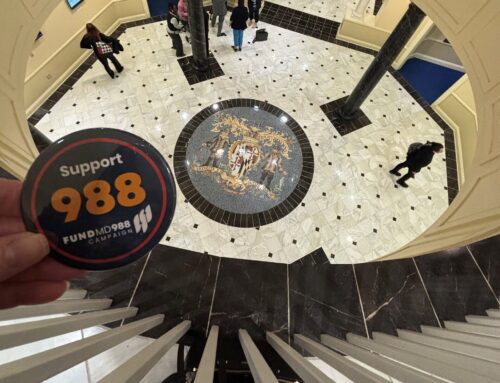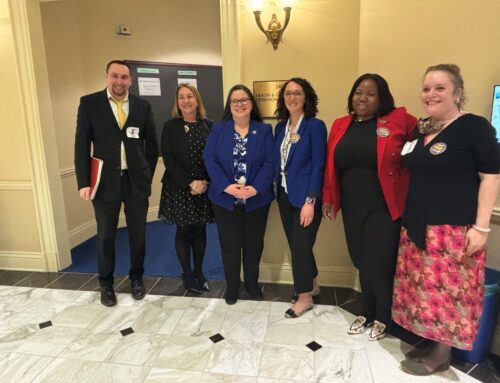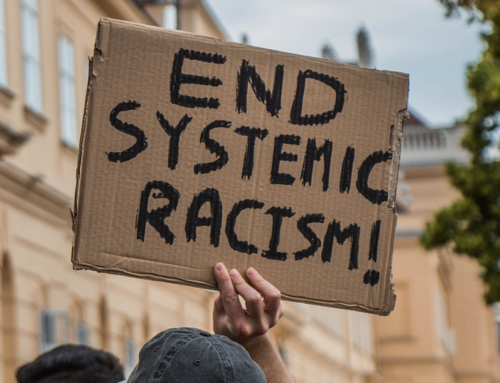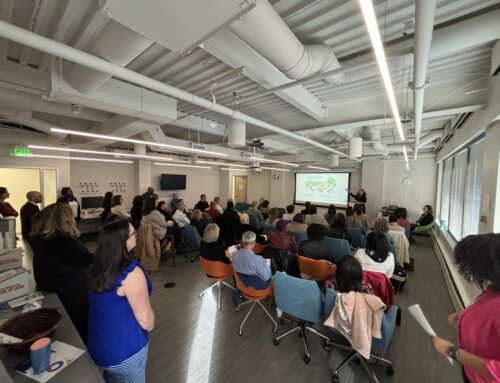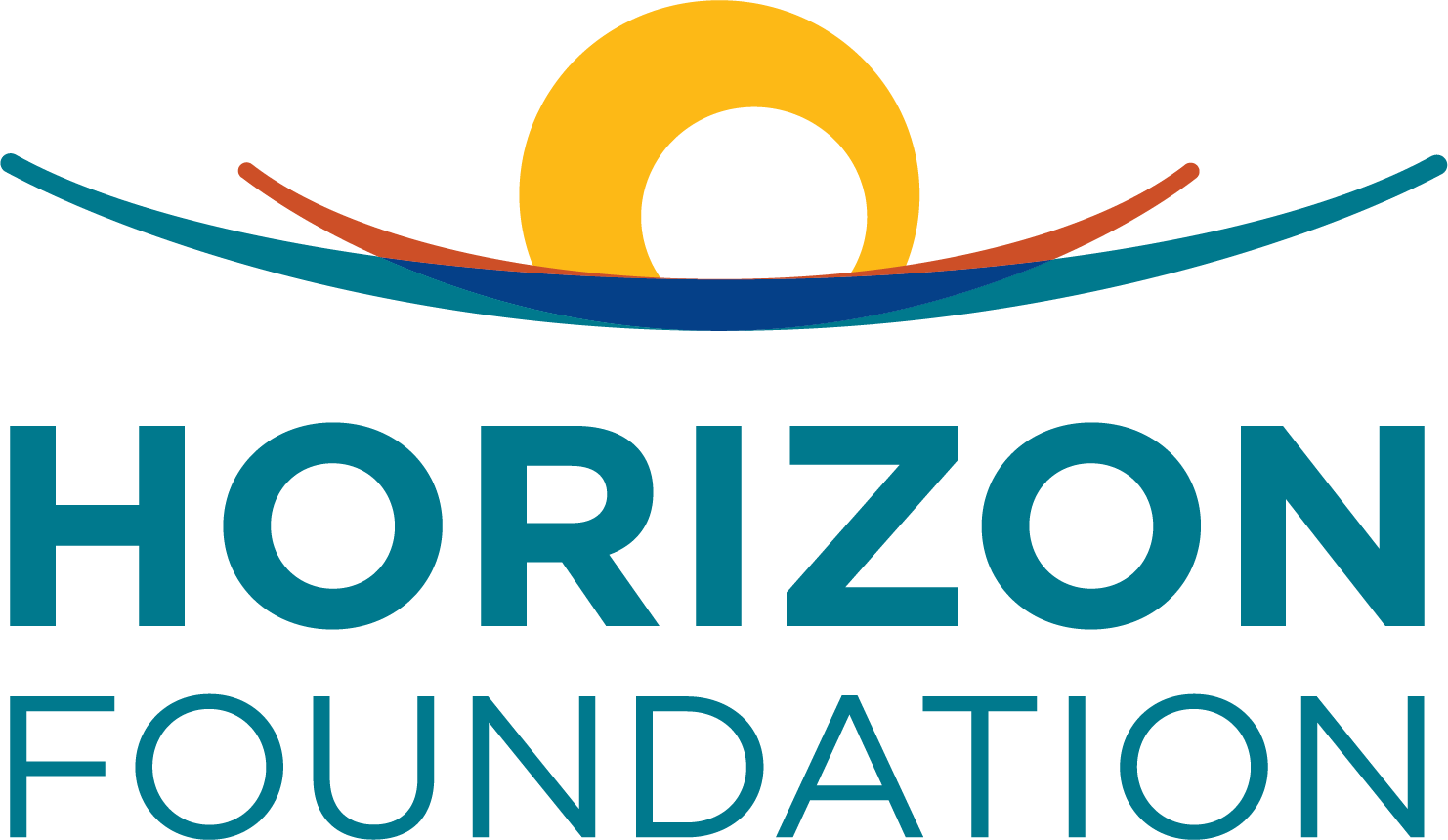Teenagers phoning executive suites. Protesters calling a trade association to task. Charges of deceptive advertising and hidden health consequences.
Sound like the youth revolt against the tobacco industry?
These are all pieces of a new youth campaign taking aim at the American Beverage Association, the trade organization representing the nation’s soda giants. The Maryland campaign, dubbed #BevRev and underwritten by the Horizon Foundation, launches this week, right on the heels of a recent lawsuit against the beverage industry filed by the Center for Science in the Public Interest.
“We see #BevRev as analogous to what the truth campaign directed at the tobacco industry,” said Glenn Schneider, a veteran of the tobacco wars who is now chief program officer at the Horizon Foundation, which is airing the ads in the Baltimore and Howard County, Md., markets. “It will clear out the fog of misleading soda advertising and replace it with facts that can help consumers — especially young consumers — make healthier drink choices.”
Horizon is airing this first round of ads on television and on social media through mid-February. The ads follow a group of Maryland teenagers as they revolt against the soft drink industry. In “Honesty,” the group decides on an in-person trip to Washington. D.C., after trying unsuccessfully to phone executives of the American Beverage Association. “The Breakup” shows a teen “breaking up” with Gatorade because the drink makes her “sick, fat, unhappy, possibly addicted.” Finally, in “Big Red Can,” the group arrives in Washington, D.C., and discovers how close the American Beverage Association is to Congress. They inflate a giant Coca-Cola-style can in front of the association offices that says “DIABETES.” “Hey guys,” one teen shouts on a megaphone. “Do you get the problem now?”
You can see the ads on the Howard County Unsweetened YouTube channel.
“Like tobacco companies, sugary drink companies are a major source of deceiving marketing that masks serious health risks,” says Nikki Highsmith Vernick, president and CEO of the Horizon Foundation. “These products are portrayed as contributing to a healthy, happy and active lifestyle, especially for teens and young adults, when in reality their sugar content puts consumers at much greater risk for diabetes, heart disease, cavities, and obesity.”
The campaign comes at a time of increasing public scrutiny around sugar content in juices and sports drinks, which often contain as much sugar as soda. A typical bottle of Gatorade contains about the same amount of sugar as a can of regular soda. Last month, the Center for Science in the Public Interest. filed a lawsuit in the U.S. District Court for the Northern District of California against Coca-Cola and the American Beverage Association that contends Coca-Cola and the association are “engaged in an unlawful campaign of deception to mislead and confuse the public about the science linking consumption of sugar-sweetened drinks to obesity, type 2 diabetes, and cardiovascular disease.”



